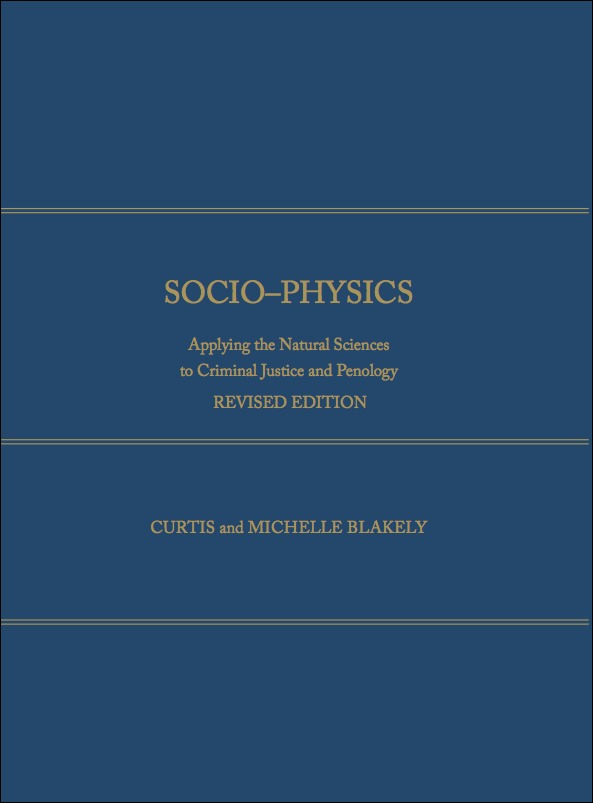Doctrines of Causation in Japan
Abstract:
The theory of adequate causation as the criterion for determining the causation in criminal cases had held a dominant status in Japan until the Osaka South Port Case. In recent discussions, the doctrine of risk has received increasing attention, and the Supreme Court of Japan has expressly adopted the realization of the risk criterion. This concept is derived from the German doctrine of accurate attribution (Objektive Zurechnung). However, merely two basic concepts in the doctrine of objective attribution are well known in Japan. To optimize the determination of causation, the evaluation criteria of causation based on the doctrine of objective attribution are worth further exploration. As findings, the evaluations on whether the conduct creates an impermissible risk and whether the risk is realized in consequence are made through exclusionary rules of liability ascription. Additionally, in cases where the causes of the result produced by the first and second violence can be recognized as identical, the risk of the first conduct is deemed to have directly realized the consequence, and the causation is to be acknowledged. In cases where the first conduct indirectly realizes the consequence, the causation between the first conduct and the consequence will be sustained if the first conduct generally triggers the intervening event.
Keyword:
Causation, The Doctrine of Objective Attribution, German Doctrines, Japanese Doctrines, The Theory of Adequate Causation.



